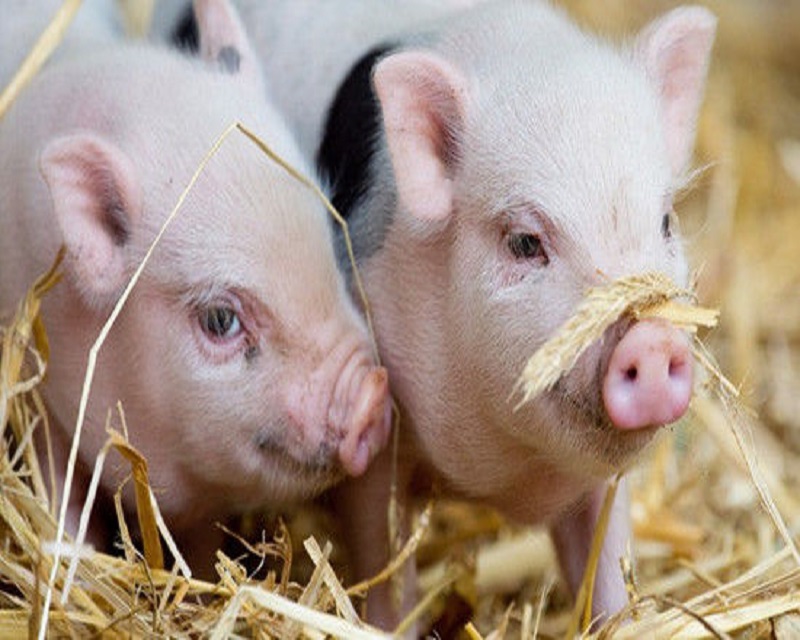Guanidinoacetic acid (GAA) or Glycocyamine is the biochemical precursor of creatine, which is phosphorylated. It plays an important role as a high-energy carrier in the muscle. Glycocyamine is actually a metabolite of glycine in which the amino group has been converted into a guanidine. Guanidinoacetic acid can be used to increase muscle strength and to reduce muscle fatigue. And add guanidinoacetic acid into fodder can make lean pig’s body improve significantly. GAA might be considered as an innovative way to improve exercise performance. It has recently been suggested as a possible alternative to creatine to tackle brain creatine levels in experimental medicine. Due to upgraded bioavailability and convenient utilization of the compound, taking GAA orally might be beneficial for AGAT patients. But it has several drawbacks like brain methylation issues, neurotoxicity, and hyperhomocysteinemia.
From studies it has been observed that a combination of betaine and glycocyamine improves the symptoms of patients with chronic illness, including heart disease, without toxicity. Betaine provides methyl group to glycocyamine, via methionine, for the formation of creatine. Because of this, such treatment led to less fatigue, greater strength and endurance, and an improved sense of well-being. It is also useful for the patients with cardiac decompensation (arteriosclerosis or rheumatic disease) and congestive heart failure for improving cardiac function. It is also helpful in gained weight (improved nitrogen balance) and saw lessened symptoms of arthritis and asthma and increased libido. People suffering from hypertension experienced transient reduced blood pressure. It also increase of glucose tolerance in both diabetic and without diabetes subjects.
shandong efine Guanidinoacetic Acid Market: By Product Type
• Feed Grade
Poultry
Aquaculture
Ruminant
• Pharmaceutical Grade
Guanidinoacetic Acid Market: End Users/ Applications
• Fodder
• Medicine
Post time: Aug-03-2021






